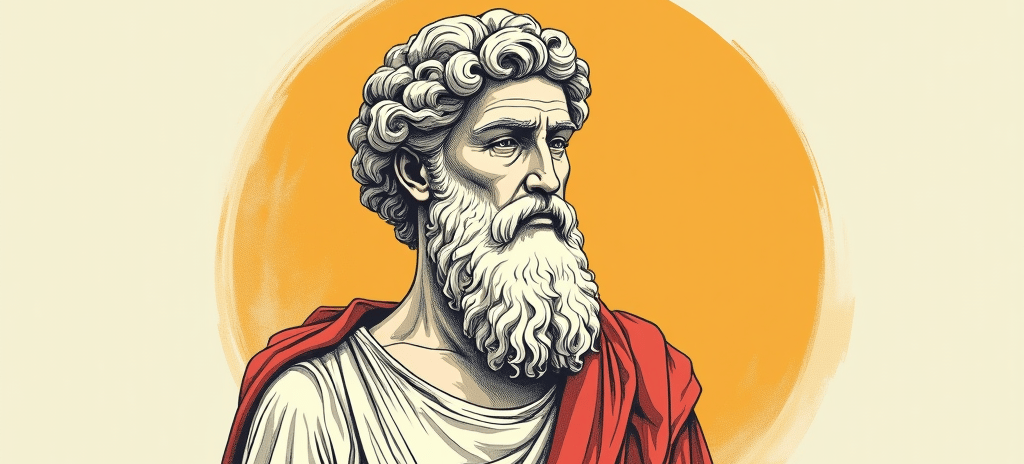How Marcus Aurelius' Philosophical Writings Influenced His Reign as Emperor
Marcus Aurelius, the Roman Emperor from 161 to 180 AD, is widely regarded as one of the most influential and respected rulers in history. Known as the "Philosopher King," Aurelius was not only a skilled military leader but also a dedicated Stoic philosopher. His philosophical writings, particularly his personal journal "Meditations," had a profound impact on his reign as emperor and continue to inspire readers to this day.
STOICISM
9/30/20241 min read


Aurelius' Stoic Philosophy
Stoicism, the philosophical school to which Aurelius adhered, emphasizes the importance of reason, self-discipline, and living in accordance with nature. Stoics believe that virtue is the only true good and that external events are beyond our control. By focusing on what is within our power—our thoughts, actions, and attitudes—we can achieve inner peace and live a fulfilling life.
Throughout his "Meditations," Aurelius reflects on Stoic principles and how they apply to his role as emperor. He reminds himself to act with integrity, to treat others with kindness and respect, and to accept the challenges and hardships of life with equanimity.
Impact on His Reign
Aurelius' philosophical beliefs had a direct impact on his leadership style and decision-making as emperor. Some key examples include:
1. Just and Compassionate Rule
Guided by Stoic principles of fairness and empathy, Aurelius strived to be a just and compassionate ruler. He implemented various reforms to improve the lives of his subjects, such as providing assistance to the poor and protecting the rights of slaves.
2. Resilience in the Face of Adversity
During his reign, Aurelius faced numerous challenges, including wars, plagues, and personal tragedies. His Stoic philosophy helped him maintain composure and resilience in the face of these difficulties. He viewed hardships as opportunities for growth and character development.
3. Leading by Example
Aurelius believed in the importance of leading by example and living in accordance with his philosophical principles. He held himself to high moral standards and encouraged others to do the same. His "Meditations" serve as a testament to his commitment to personal growth and self-reflection.
Conclusion
Marcus Aurelius' philosophical writings, particularly his "Meditations," had a profound influence on his reign as emperor. His dedication to Stoic principles of virtue, reason, and self-discipline shaped his leadership style and decision-making, resulting in a just and compassionate rule. Aurelius' legacy as a philosopher-king continues to inspire leaders and individuals alike to live with integrity and resilience in the face of life's challenges.
Waste no more time arguing about what a good man should be. Be one - Marcus Aurelius
We suffer more often in imagination than in reality - Seneca
Wealth consists not in having great possessions, but in having few wants - Epictetus
